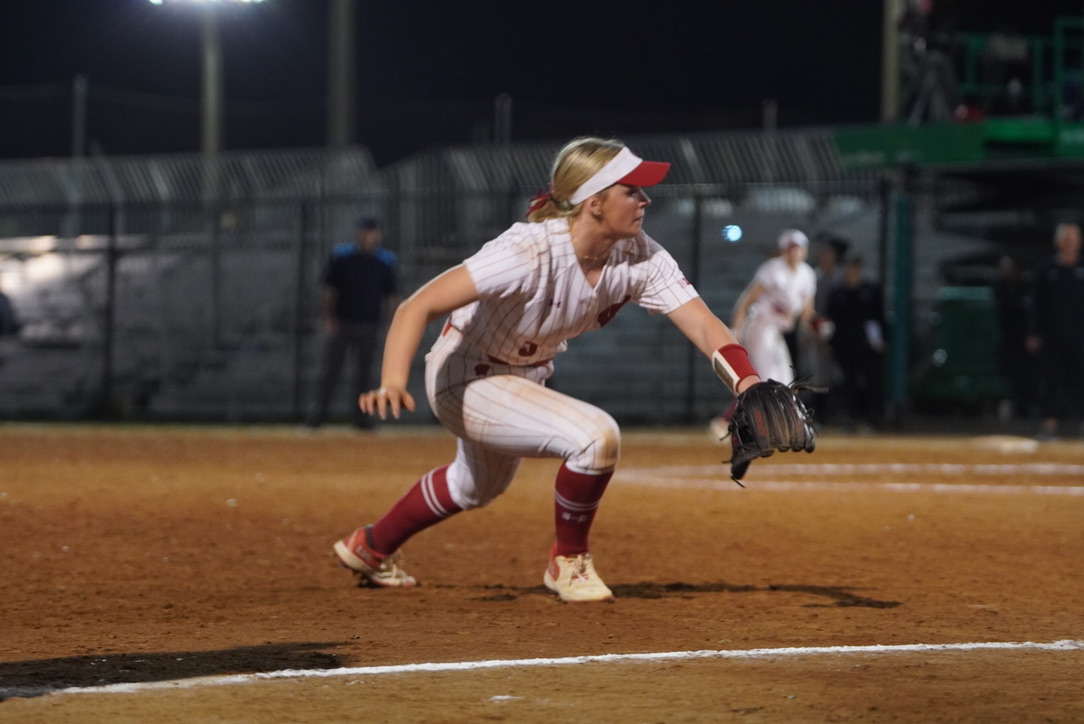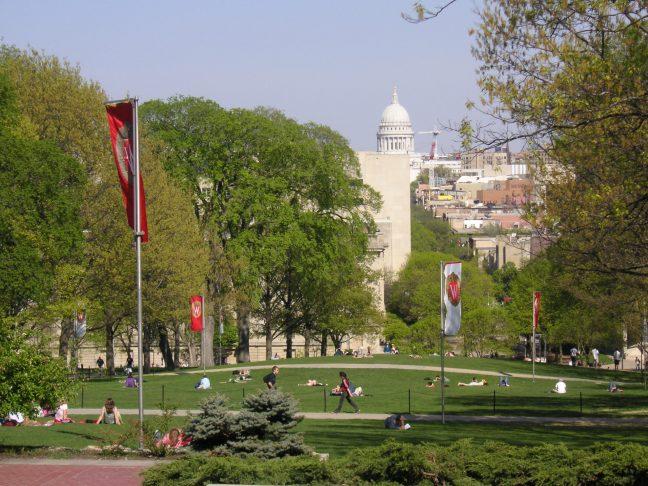The education think tank Education Reform Now listed the University of Wisconsin as the least accessible public four-year college among 74 public research universities in the country in a recent report.
The report gave an analysis of 2016-17 school year data and found only 12% of freshmen received a Pell Grant, a federal subsidy students with financial need can apply for and use to pay for college. In recent years, the university has introduced programs like FASTrack and Bucky’s Tuition Promise to alleviate the financial burden many low-income students encounter attending UW.
Karla Weber, communications manager at the UW Office of Financial Aid, said there have been increasing efforts in the past years devoted to providing aid for low-income students and making attending the university more accessible.
“Bucky’s Tuition Promise was announced in February 2018 and the report would not reflect any of our recent efforts to improve access,” Weber said. “To this end, we also acknowledge that implementing large-scale and high-impact programs doesn’t happen overnight and results in data like the Pell percentage will take time to show up in numbers.”
Bucky’s Tuition Promise program fills monetary gap for low-income students in first year
The Office of Financial Aid also pointed to a recent study done by the Institute for Higher Education Policy which listed UW as one of the only flagship universities affordable for low-income students. But this study also listed UW as having a low percentage of Pell Grant-eligible students enrolled compared to other four-year colleges.
Both Education Reform Now and IHEP’s reports said UW needs to dedicate more time and energy into recruiting low-income students. The Office of Financial Aid continues to expand their efforts to close this accessibility gap by increasing awareness of existing programs, Weber said.
“The Office of Student Financial Aid has heavily invested in increasing awareness of financial aid programs like Bucky’s Tuition Promise and FASTrack,” Weber said. “We have increased our footprint in high schools and community spaces across Wisconsin, capitalizing on marketing opportunities … and partnering with other institutions like Madison College.”
Despite these changes, many students still feel the financial burden when trying to pay for higher education at UW.
Stacey Stankowski, a UW student receiving tuition aid through the PEOPLE Program, spoke about her experiences with the university’s financial aid program.
“Last year I had pretty much everything covered … and then I was looking at my financial aid for this year … and it was significantly less than it had been the year before and I was like ‘what’s going on?’” Stankowski said. “Generally you get the same amount year to year.”
Stankowski’s grandparents owned an investment account that was listed on her FAFSA both years. The first year, the university missed it when awarding her aid. This year, she is no longer eligible for many of the additional scholarships and grants available to her before.
Stankowski said she knows of many other students who face similar hurdles when trying to find money to cover their tuition, housing, books and other fees.
“I have plenty of friends that their parents make enough money, but their parents aren’t helping them pay for college; they are doing it all on their own,” Stankowski said. “They’re getting no help and they’re forced to go to community colleges because they don’t have the money.”
Kaitlyn Younger, a sophomore in the FASTrack program, also saw her financial aid decrease dramatically from year to year because of a FAFSA error.
Younger saw her scholarship money decrease by half and had to wait months before she could have a meeting with a financial aid adviser to discuss it, she said.
“The first time I got a letter in the mail that said ‘you qualify for this, this is how much money you are going to get’ and that was easy … it was just submitting your FAFSA,” Younger said. “The next year I submitted my FAFSA again and it’s supposed to be the exact same… but it wasn’t. I was very stressed [because] I had no idea where the money was going to come from … I cried a lot.”
Programs like FASTrack, Bucky’s Tuition Promise and PEOPLE help to get low income students in the door, but students still feel the stress regarding where to find money to pay for their higher education.
UW to cover tuition, segregated fees for middle, low-income students
The Office of Financial Aid plans to continue to find ways to improve its aid programs and increase awareness for them, including the launch of the Student Success Center, Weber said.
The Center would provide peer financial counseling and information on external public assistance programs, such as Badger Care and food share, Weber said.
Additonally, Weber encouraged students to come to the OFA if they are having difficulties with their financial aid.
“What we need students to know that if something has changed, whether in their own financial situation or about the financial aid they’ve been offered from year to year – they should alert our office so that we can work through any problems with the student to get the best end result,” Weber said in an email to The Badger Herald. “We are not able to help if we’re not aware that there’s a problem.”
Oct. 3, 5:16 p.m.: This article has been updated to include additional resources the Office of Financial Aid offers.


















